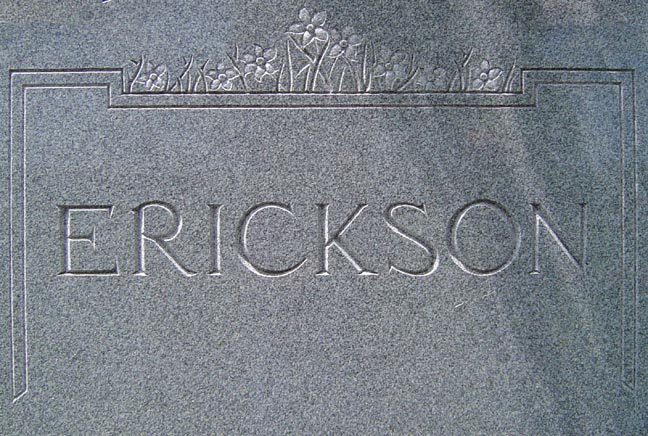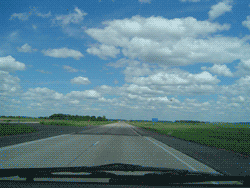
A Long Drive
I was acquainted with my grandparents and an occasional cousin, and the flat terrain of cornfields and sunflowers.
It generally went like this. Get up early, start driving, 99 bottles of beer, 'A' my name is Andy and my wifes name is Alice -we come from Arizona and we sell Apples, count the telephone poles and eventually fall asleep. Magically the sleep erased hours from the trip."
I remember noticing once that is was considerably cooler in Northern Minnesota, even at the height of summer. Usually we would arrive late in the night and fog was on the highway.
We usually stayed the first night at Aunt Margarets in McIntosh. Her house was a duplex. I always wondered who lived next door. The next day we would drive the 35 miles into the countryside to the farm.
Up at the farm, where grandma and Allen lived, we used to pick eggs. I remember getting pecked and sqeezing the egg in my hand. I know now that it was probably more traumatic for the hen that it was for me.
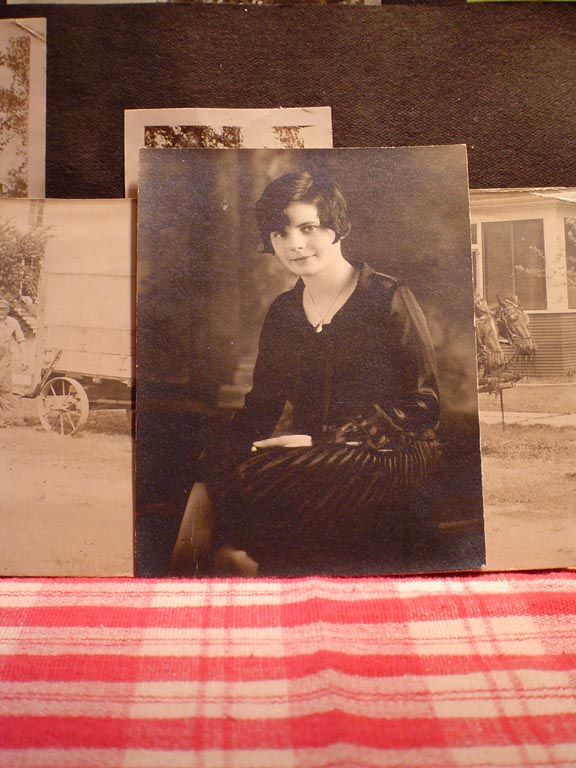
The farm itself was a bit of a mystery. Once inside the gate, the dogs were in control, and my uncle in control of them. In the early days it was Ranger, Scout, and there were several others I can't remember their names. Perhaps Daisy was one of them. She was pregnant one summer. All were hound dogs. I am not sure on the name, but she was black and white and one of the dogs we could actually pet.
Allen would tell stories about his all time favorite dog who seemed to have human capabilities, fetching a hammer from way out in the field --obeying all commands. In later years he had 'Zip', a black labrador.
The circle tour
So, I decided to take my sons on a little circle tour of the places we used to go. These many years later, there were only a handful of relatives to actually visit, and several stone to see in the cemeteries.First we saw my cousin Jane. At the risk of imposing, we stayed with them overnight. Jane had pictures that were nearly 100 years old of different family members. It was interesting to see the resemblance of Jane to my aunt Jean ( her mom). Even more interesting were shots of my great grandparents and scenes of houses I remember visiting that are merely a weed patch now. On Jeans stone she goes by 'Jean'. I liked her birth name, Imogene.
Cemeteries.
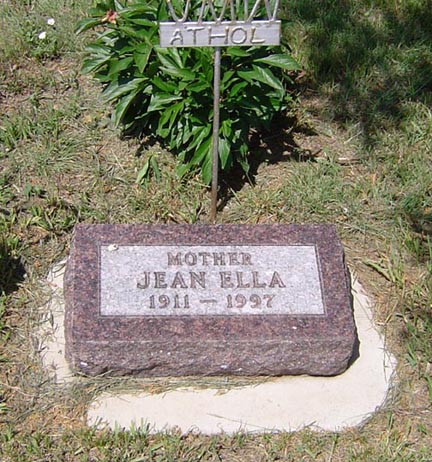
Grandma lived to be 100 years spanning the entire 20th century. She helped keep Allen presentable for many years, and he eventually took care of her at the very end. Life is hard in a small house miles from your neighbors in the north. They never really had indoor plumbing to speak of. The hot water was boiled on the stove. The wood stove heated the house. If one became ill, alot of work went undone. As a child, I never knew the daily hardships they faced --that kept them strong.
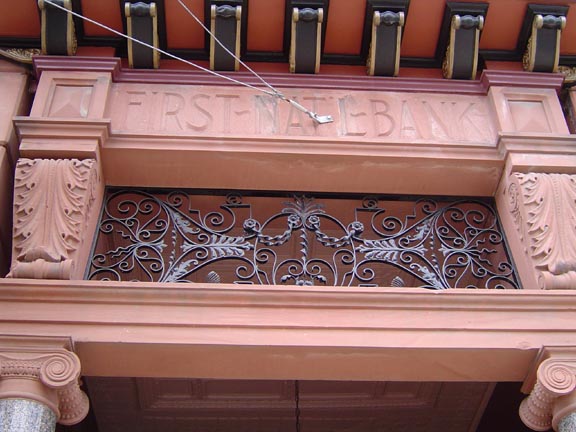
Well, after seeing an historic hotel, the Palmer House, the proprietor told of an ornate bank building a few doors up. It was now a gift shop. I walked over and announced that I had a connection to the building's former owner. I also noticed that they were selling independent release CD's in their gift shop. After speaking to an employee there, I decided to get a couple copies of my CD. Wouldn't it be a tiny note of interest to be selling my CD in the same bank building my wifes great grandfather had his bank?
At first I was sure it was the right building, but the owner had no recollection of the name of my wifes great grandfather, so I think she thought I was just trying to get her to sell my CD's with some cockamamie story of heritage. Well, leaving the premises with my CDs in hand, feeling a bit sheepish, I now know that we both were somewhat correct.
It turns out, David Caughren ran the Merchants Bank at the turn of the century in Sauk Center. Eventually he bought the 1st National Bank during the fall of 1929. At any rate, it is a cool building and the owner seemed a bit aloof, as all gift shop purveyors do.
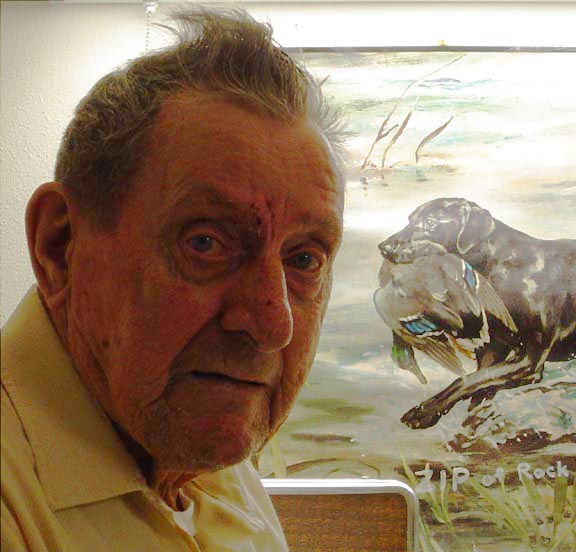
Onward and northward. We had made a reservation at the Mahnomen Shooting Star Casino. We had our choice of the Super 8 in Fosston for $65 without a pool and the gambling casino run by the Ojibwe tribe in Mahnomen for $30 with pool. Knowing the sheer boredom I was imposing upon my two boys, I decided to at least get the room with the pool.
We drove on up to McIntosh to see when would be a good time to visit my uncle Allen. It was really a replay of a scene from my own childhood. I had visited my grandfather in the same town 40 years earlier. He offered me a pink mint candy. This time Allen offered my son the same exact candy. Since we were interrupting the 'twins' game, we agreed to come back the next morning.
The swedish accent brought back my memories of him and my grandma. The next day we drove up and had a nice long visit. The boys mentioned the 'silences', which made them uncomfortable, but this is a man who spent nearly 50 years in relative solitude. He lived on 160 acres in extreme north Minnesota with my grandma. I remember her telling me that occasionally he would yell at her," Don't go senile on me!!". She laughed while telling this, and she was still sharp at age 100.
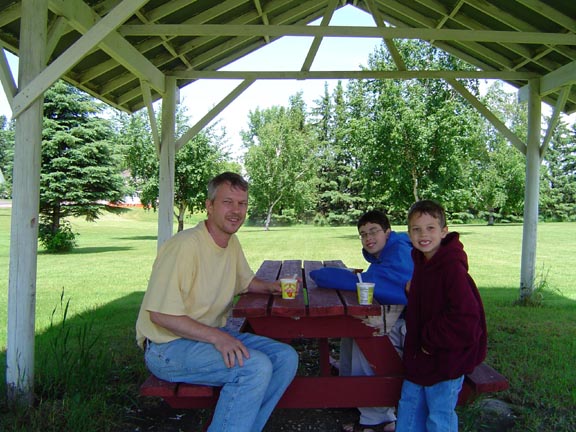
Erickson Park
Allen was an avid gardener for many years and I was able to get some tips for gardening. I could not convince him to go for a ride."I've already seen everything out there", he said. As we walked out in the hall, noticing those older people in various stages of decline, there was a heavy downpour outside. We drove over to the grocery and bakery in the town of McIntosh. One thing about coffee in South Dakota or Minnesota, it is weak. I asked the girl at the bakery if we could make a pot of coffee for my thermos. Strong. Reluctantly she put in double the usual amount of coffee. It was still too weak. That is not how they drink coffee in Sweden or Germany, where most of those people originated.
Allen resented my Dad. Apparently my grandpa paid my Dad more than Allen for the work they both did with him. After all these years, there was still resentment. What he did not talk about was the fact that my dad saved his wages and eventually paid off the note on their homestead --in eighth grade.
Many years later dad donated the land to the city of McIntosh and it is now a small park. He also gave a zero coupon bond to the town. ( one of my dads favorite investments.)
The park is known as Erickson park and I am told they are planning a large stone to denote it as such. After having a snack in the park where my grandparents raised my dad's family, we headed across the street to the cemetery.

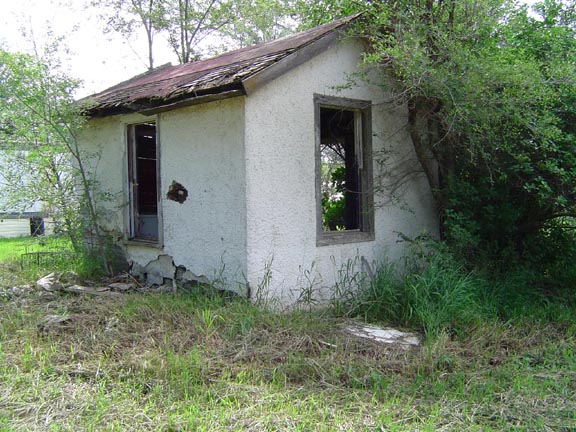
What's Left of Grandmas House
We drove down to two extremely tiny towns north of Redfield where my mom grew up. Ashton, a mile east of #281, and Athol, four miles west of #281. The cemetery, a mile west of the highway, where I learned to drive, was where we found most of the people I remember from our visits. There was Myrtle Harrington, who had a curious talent for twisting her lips into a sort of vertical slant. Only my brother Eric could also do this trick. Both are dead. Myrtle, aunt Nanie, in 1966, Eric just last year.
We used to play in the brick schoolhouse. Hard to believe these deserted towns each had a large two story brick school. The one in Ashton had all its books, science laboratory supplies, blackboards, completely intact when it was abandoned. By the time we played there, most of the windows were broken, the smell of rain on book paper, plaster and lath filled the rooms. There was a trap door and you could go out onto the roof, a tar flat roof, and see for miles. I remember being struck by how predominant the trees were in the little town. I guess I expected to see rooftops.
The school was next door to my Grandmas little stucco house which basically had a front room, a bedroom a kitchen, a bathroom, and dining room on the first floor. The stairs led up to another bedroom and the porch connected all around from the front door to the kitchen. There were lots of beds on the porch and Grandma housed the harvest crew and pheasant hunters at times --or grandchildren.
Grandma C. smoked but still lived to be 84. When her heart finally gave out, I remember stories of her smoking in the oxygen tent. They said the cigarette burned much more orange in there.
Now all that is left of the little house with the wraparound porch is the back dining room. You can't really say that it is left, but for some reason it was not demolished with the rest of the house. The schoolyard is all yard now, he building is gone.
A small town cemetery is a great place for a driving lesson. We all got turns driving the car when I was a kid, and this trip too. We spread out a blanket in that nicely mowed cemetery and had a snack. A mile from the highway in a flat South Dakota field is a very peaceful place.
All these people contribute some fraction to our genetic makeup. They are born, live, and die entire lives and leave nothing but a stone in the cemetery. A grassy park, a yard where their home used to stand. Some left alot of children, some few, some left money, some did not. Almost all left their imprint on those who followed, for better or for worse, and over time the imprint continues to mutate and the slings and arrows, poverty and fortunes all fade into the distance of the past.
